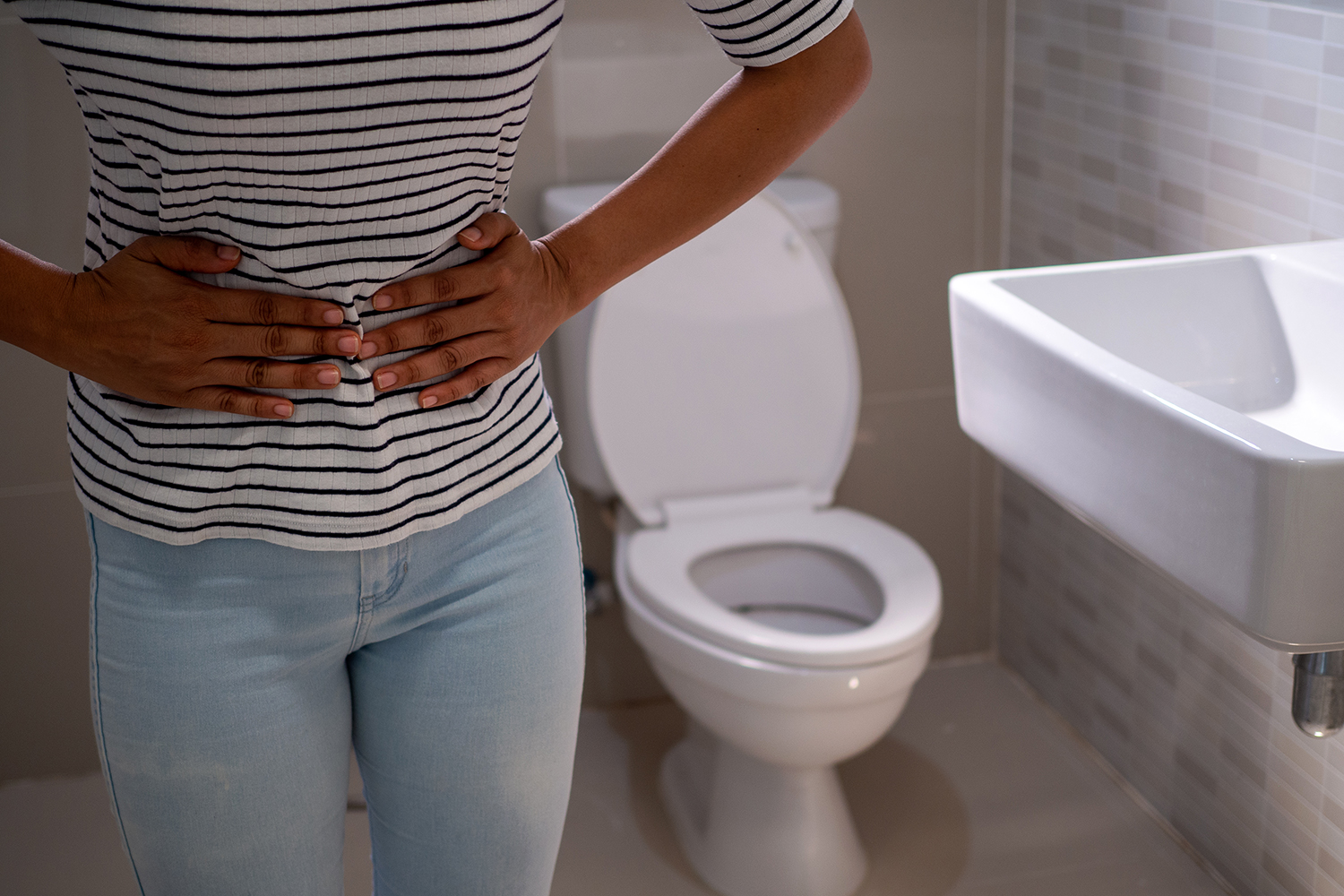What is Interstitial Cystitis?
This is a condition where people have discomfort in the bladder area and a constant sense of urine urgency and frequency — usually with burning on urination. It is normal for people to have mild symptoms in association with muscle spasm in the lower pelvis.
When it is very severe however and is a major focus of your discomfort, you may have interstitial cystitis (IC).
Potential Causes
There are a number of theories about the cause of IC.
-
Loss of Bladder Wall Lining
One theory is that the coating that lines the inside of the bladder wall and protects the cells is weakened and therefore the cells become very vulnerable.
-
Yeast Overgrowth
Another theory is that yeast overgrowth contributes to the IC (which then becomes aggravated as the symptoms mimic bladder infections, resulting in ongoing or recurrent antibiotics which may cause more yeast).
-
Muscle Spasm at Pubic Bone
Another is that the muscles that attach to the top of the pubic bone (that's the bone all the way at the bottom of the abdomen) can cause a sense of urine urgency with small bladder volumes when they are in spasm.
This usually does not cause the burning on urination. Spasm of the other deep muscles in the pelvis can also contribute to this sensation.
-
Food Allergies
Food allergies have been implicated as a cause and there are a number of common foods that are considered to be the major culprits.
-
Excess Oxylate
Excess oxylate production has also been proposed. In this case, changing the diet and adding certain supplements to one’s diet can reverse this process.
Treatment
-
General Diet Advice
-
Avoid Certain Foods
It is important to avoid certain foods that aggravate symptoms and to recognize that any vitamins, especially the B vitamins and any nutrients that are acidic, can dramatically irritate the bladder in some patients with IC.
-
Avoid Excessive Coffee and Cola
Conversely, some practitioners have found that patients with interstitial cystitis often have chronic alkaline urine. This can be aggravated by excessive coffee and cola intake.
PH strip paper can be obtained cheaply at most pharmacies and one can test multiple urine samples at home to see if the pH is regularly over 7.0 (suggesting it may be too alkaline).
-
-
Recommended Supplements
If your IC is severe, nutritional supplements may aggravate it.
Start any vitamins slowly at a low dose and work up slowly to be sure they are tolerated before going to the full dose.
-
MSM
Consider adding MSM (Methyl Sulfonyl Methane) at a dose of 6 to 18 grams a day (takes 3 months to work).
-
L-Arginine
Take the amino acid L-Arginine, 500 mg 3 times day (takes 3 months to work).
-
Saw Palmetto
Take the herbal "saw palmetto," 160 mg twice a day (takes 3 months to work).
-
-
Medications
-
Elmiron®
Try the medication Elmiron®, a 100 mg capsule 3 times a day with water at least 1 hour before, or 2 hours after, eating.
-
Elavil®
Once bacterial infections have been ruled out, try Elavil®, 25 mg at bedtime plus Neurontin®, 300 to 900 mg at bedtime and perhaps during the day as well.
-
Sinequan®
If Elavil® is ineffective after 6 weeks, a trial of Sinequan® and the other anti-seizure medications is worthwhile.
-
Pyridium and Urispaz®
The medication pyridium, which numbs the bladder (and turns the urine and sweat light orange) and Urispaz®, an anti-spasmodic, can be helpful as well.
-
Diflucan®
Patients should also be treated for presumptive candida with oral Diflucan® for at least 3 months.
-
-
Other Therapies & Advice
-
Check for FMS or IBS
Interestingly, the majority of people with IC (about 3/4 of them) were found to have associated symptoms suggestive of fibromyalgia or irritable bowel syndrome (which usually is from yeast) before they developed IC.
If your pelvic pain syndrome is associated with fatigue or achiness plus insomnia, you likely also have a related fibromyalgia process.
The good news is that fibromyalgia is now very treatable, and the IC (along with many other problems) often improves and goes away with the fibromyalgia treatment as well!
-
When Counseling is Needed
25% of those with IC have had a history of sexual abuse — which most have not mentioned to their physician.
In addition to the physical treatments, get counseling if you have an abuse history.
Please give yourself permission to heal your psyche and soul along with your body.
-

